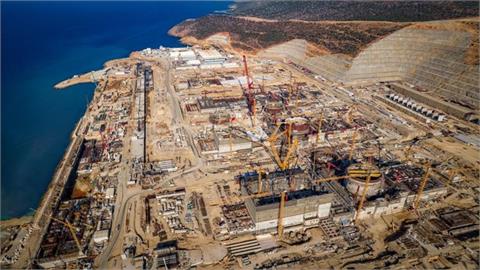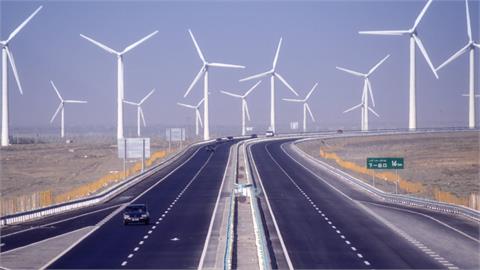The Spanish Photovoltaic Union (UNEF, Madrid) estimates that under the new policy roughly 30% of solar photovoltaic (PV) projects will suffer cuts around 40% to expected income, which will make owners unable to meet debt payments. Additionally, the law removes the priority for renewable energy on Spain's grid, in violation of EU law.
"The law approved today by the Council of Ministers does not only penalize the past, but also the future,” states UNEF Director General José Donoso. "With the legal insecurity which has been created in this nation, it will be very difficult in the future to convince investors to come to the sector, or they will only come with risk premiums which which will damage the competitiveness of the technology.”
Policy to calculate payment levels by project
The Spanish Ministry of Industry, Energy and Tourism (MINETUR) says that the policy will guarantee a 7.4% return on investment for renewable energy producers, but that payment levels will only be calculated for those producers which are not deemed to receive a reasonable market rate.
Bloomberg notes that under the new system, payment for renewable energy generators will be calculated by project, to take into account hundreds of parameters to be established in a separate ministerial order.
Acciona SA (Madrid) has told Bloomberg that the policy will destroy the value of its renewable energy investments in Spain, and that it take a legal challenge to Spain's Supreme Court.
Spain's renewable energy sector suffers under many attacks
The Spanish government has committed enacted a number of illegal, retroactive policies affecting the renewable energy sector, however this latest move by the nation's ruling center-right Popular Party is potentially the most harmful to date.
A central problem in Spain has been the incompatibility of the feed-in tariff with strict limits on how much retail electricity rates can rise. This has led to the creation of a public debt to renewable energy producers, which the Spanish government estimates has grown to over EUR 9 billion (USD 12 billion) in 2014.
After a very successful year for PV in 2008, the previous Socialist government's solution to this was to impose retroactive cuts on feed-in tariff levels. However, the new Popular Party has been even more hostile to the sector and its investors, freezing feed-in tariffs and enacting policy changes which further retroactive cuts to support levels.
The new policy also removes priority for renewable energy on the nation's grid, which UNEF notes is a violation of EU regulation 2009/28.
(www.solarserver.com)



